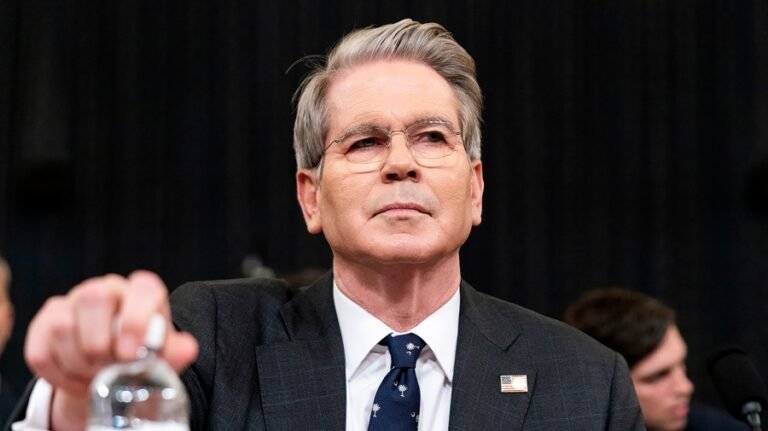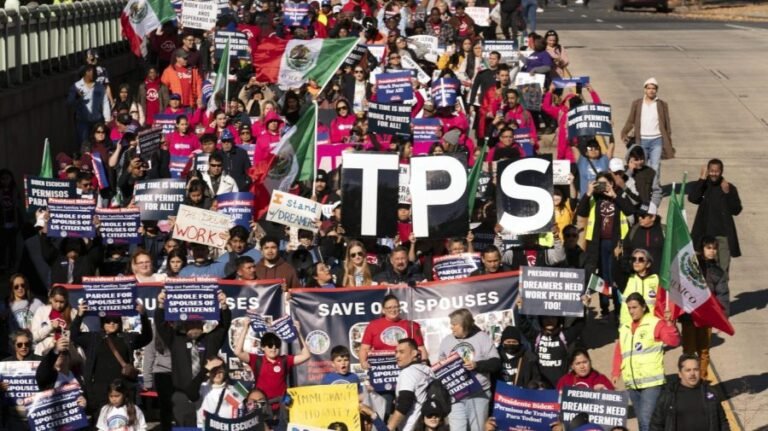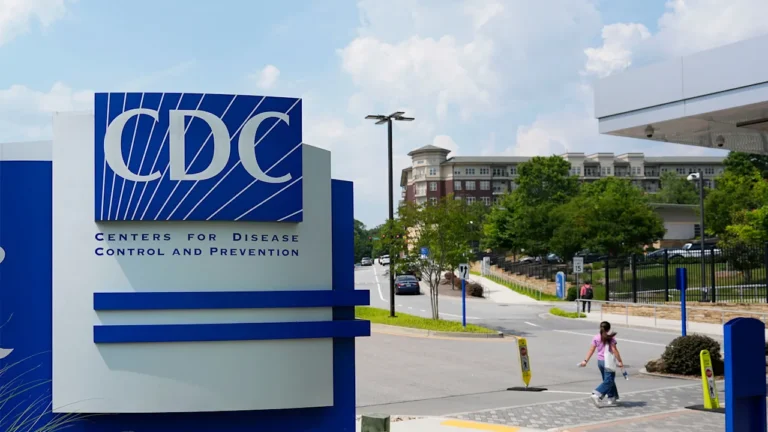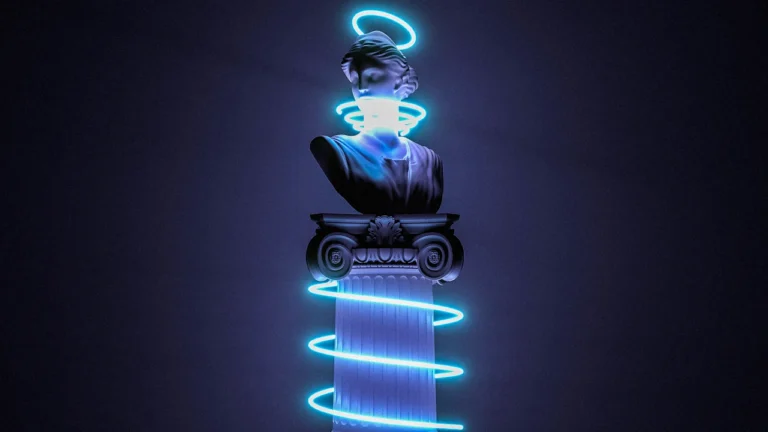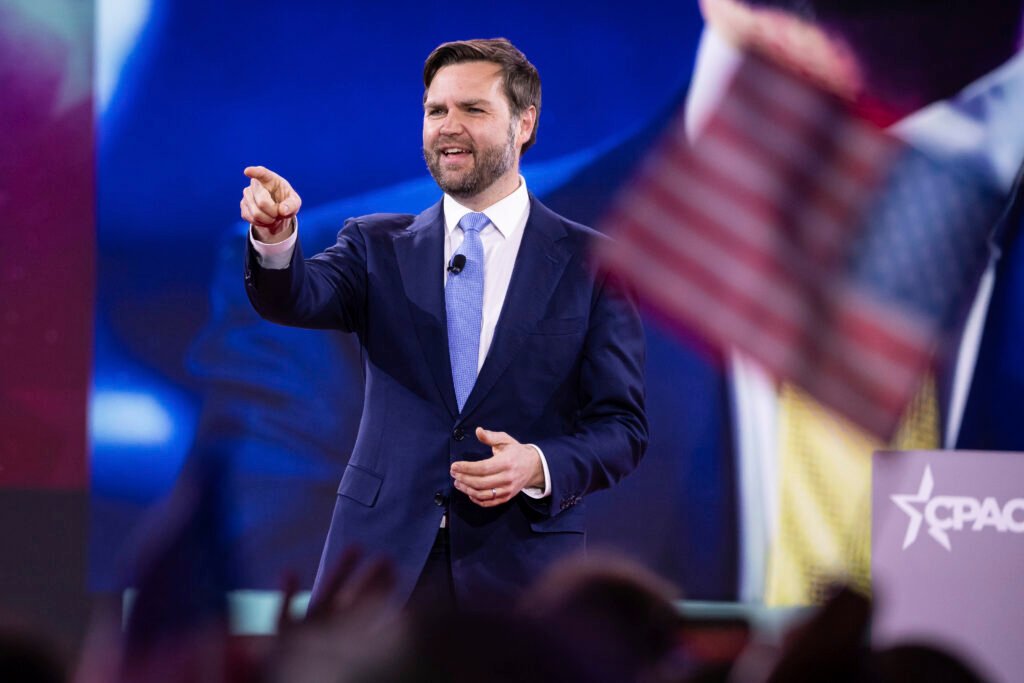
Republicans are facing a major obstacle as they try to tout the potential benefits of President Donald Trump’s “big, beautiful bill:” They need voters to take their word on it for now.
GOP lawmakers and top administration officials are using August to make a country-wide sales pitch for their crowning legislative achievement — a massive tax, spending and domestic policy package.
The party sees this month as crucial for gaining ground in the messaging war with Democrats over the new law, which pairs an extension of Trump’s 2017 tax cuts with some of his campaign promises like “no tax on tips,” plus more funding for immigration enforcement and the military.
The White House is dispatching Vice President JD Vance to Georgia on Thursday, where he’ll talk about the megabill’s “working family tax cuts,” according to his spokesperson.
Republicans want to be the ones to define their megabill with voters ahead of next year’s midterms, where the GOP’s unified control of Congress is at stake. They saw Democrats try to shop their signature climate law in 2022 — only for most Americans to say they either never heard of it, or were swayed by Republicans’ counterargument it was a “green new scam.”
But the GOP megabill is less than two months old, and many of its purported boons — like new and expanded tax cuts and savings accounts for children under 18 — won’t be fully felt by voters until 2026, making it harder for Republicans to reinforce what they see as the law’s advantages.
At the same time, Republicans are going up against Democrats embarking on their own nationwide tour to denigrate what they call the “big, ugly bill” and its dire shortcomings.
“It’s hard for people to realize anything that they haven’t seen yet — all they are doing is hearing it. And we all want to go out … and say ‘this is the positive from this, this is what’s happened,’” Sen. Tommy Tuberville (R-Ala.) said this week. “There’s going to be a lot of substance to this, it just all has to go into effect.”
At the same time, Tuberville acknowledged that his own state would “pay a little bit of a price” because of changes to the Supplemental Nutrition Assistance Program, which will force the state to cover more of the program’s cost.
Asked if he was worried selling the bill would be harder than expected, Tuberville hedged. “No — well again, you don’t know until the end of the day, how this bill is going to be reacted to.” He predicted the next six months would determine the law’s reception.
Yet the GOP’s efforts to preview the megabill’s forthcoming perks come as Democrats are also using August to flood the zone — including visiting red states and typically safe GOP districts — to warn about the law’s impending cuts to Medicaid and SNAP.
“House Republicans have betrayed their constituents in passing the Big, Ugly Law which benefits the wealthiest few and leaves everyday families behind,” Democratic Congressional Campaign Committee Chair Suzan DelBene said in a statement Wednesday.
Republicans are well aware that they are facing a tidal wave of Democratic criticism heading into a midterm election cycle, when the party in power typically loses seats. While Republicans still have an edge in the Senate map, Democrats have managed to score major recruiting wins in key races and are cautiously optimistic about their chances of flipping the House in 2026.
One House Republican, granted anonymity to speak candidly, said in a recent interview that the party has a good case to make on the GOP megabill but they need to hammer it harder.
“We have to do better,” the Republican said. “We have to pound that over and over again: Constituents are going to feel it.”
The House GOP’s campaign arm circulated a memo late last month with guidance for how to message about the law, calling the congressional August recess a “critical opportunity to continue to define how this legislation will help every voter and push back on Democrat fearmongering.”
Since then, House and Senate Republicans have, indeed, fanned out across the country to tout state-specific benefits from their megabill they pledge will come soon. Republican Rep. Mariannette Miller-Meeks, for instance, visited three Iowa manufacturers as part of a tour to highlight funding for workforce and trade school training.
Senate Majority Leader John Thune has blanketed his home state of South Dakota to talk up the legislation — where he also promised, in a local TV interview this week, that its impact “will be more fully, you know, realized over time.” The most “immediate” win for voters, Thune said, is that the megabill will prevent a tax hike come 2026 since it extended dozens of soon-to-expire tax cuts the party enacted in 2017.
In the meantime, Republicans are still fine tuning their messaging.
At an industrial refrigeration manufacturing facility in Georgia on Thursday, Vance is expected to pitch the tax breaks in the megabill as a gift to working families. And a senior White House official, granted anonymity to discuss internal strategy, said part of the party’s broader megabill rebrand will focus on reminding voters of the specific policy promises on which Trump campaigned and then followed through.
“Step one is, you make them trust you and the way you make them trust you is by doing what you campaigned on,” said the official. “With the big, beautiful bill having passed, we fulfilled most of our signature promises from the campaign that people elected us for: no tax on tips, no tax on overtime pay, no tax on Social Security.”
Vance will also use the Georgia trip to hammer Democratic Sen. Jon Ossoff, with Republicans viewing the incumbent’s seat as a top pick-up opportunity next year.
William Martin, Vance’s communications director, called it an “absolute disgrace” that Ossoff voted against the bill and “that’s something Vice President Vance will be sure to emphasize during his visit to Peachtree City.”
Ossoff is already offering a pre-buttal of his own: “JD promised the new GOP would fight for working families,” he said in a statement. “Instead he’s defunding hospitals, nursing homes, and Medicaid to cut taxes for the wealthy.”
While CBO found that middle-income households will see their resources grow as a result of the megabill, it’s the wealthiest 10 percent that will get the biggest bump.
Another hurdle for Republicans? They are trying to get voters to focus on the yet-to-be-fully-seen wins of the megabill while voters are distracted by other, more tangible issues: the fight over the release of the Jeffrey Epstein files, recent developments in the Russia-Ukraine conflict and a move by at least two states to redraw their congressional maps mid-decade.
Rep. Don Bacon of Nebraska, one of the few Republicans from a district won by former Vice President Kamala Harris in 2024, said he’s also getting an earful about efforts by the Office of Management and Budget to freeze federal funding for widely-used government programs.
Bacon suggested Trump’s new domestic policy law is taking a backseat at home these days: “I hear more about all the grant money that is frozen by OMB,” he said.
Mia McCarthy and Jake Traylor contributed reporting.
